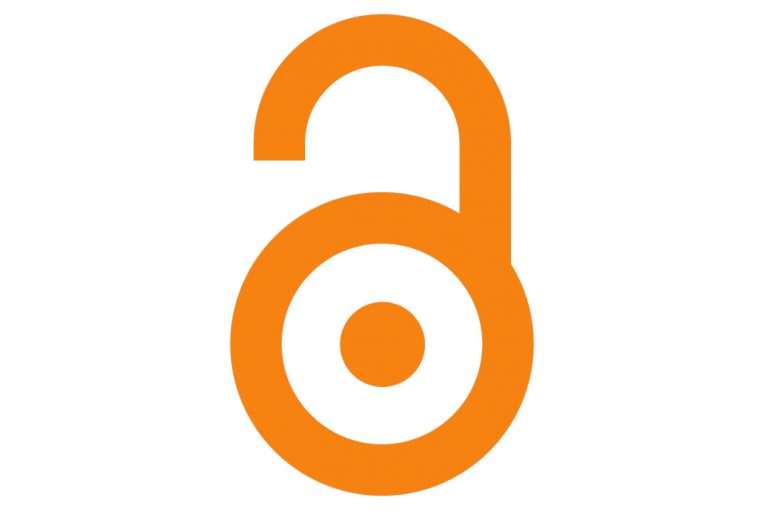While Library of Congress’ Bibliographic Framework Initiative (BIBFRAME) may be the most visible project to integrate library catalogs with linked data, other cultural heritage institutions have begun work on their own linked data projects. These initiatives can focus on creating new or converting existing data to linked data and work with external partners or be largely inward focused, but all have the goal of improving discoverability and access for their patrons.
The University of Alberta Library (UAL) is implementing linked data to improve access and discovery for their patrons in a variety of ways, including allowing access to their traditionally siloed metadata and incorporating more diverse, equitable, and inclusive metadata in their search vocabularies. This work is made possible and greatly helped through partnerships with other cultural heritage institutions such as Linked Data for Production (LD4P), Share-VDE, and the Library of Congress Program for Cooperative Cataloging (PCC).
As a result of the pandemic The Smithsonian Libraries and Archives have also begun exploring how linked data can aid them in moving from authority control to identity management in the metadata for their collections. While both authority control and identity management create access points or headings which can be used to locate all works by a creator, authority control does this in a top-down manner where largely static unique headings (and any various forms of a name) are created according to specific standards and maintained in authority files. Identity management, on the other hand, is more flexible and encourages collaboration with the public, users, and even the creators themselves in providing metadata and creating and updating access points. Inspired by work at the German and French National Libraries the Smithsonian undertook this work to create a central database for their creators which uses linked data to aid in discovery and access.
Finally, Cornell University Library, Stanford Libraries, and the School of Library and Information Science at the University of Iowa are engaging in the grant-funded Linked Data for Production project. Broadly, the project uses linked data to show patrons information from outside sources (such as Wikidata) and build longer, more nuanced links between resources (in a way similar to the facets used in current catalogs) in the catalog. While not all the information here is provided via linked data, readers may wish to check this record for George Eliot as an example of displaying linked data results in library searches.
Linked data can be applied to both paywalled and Open Access resources, such as those deposited in ISU ReD. If you have questions about making your past or current projects Open Access, would like to include your materials on our institutional repository ISU ReD, or have questions about any scholarly communications or related topics we hope you will contact Milner Library’s Scholarly Communication Team.
More from Milner Library’s Scholarly Communication Team
- New Open Research Toolkit available online
- Creating open access datasets
- Happy Public Domain Day 2022!
- Open and affordable resources around the library
- Milner Library recognizes Open Access Week, October 25-31
- Welcome back from Milner’s Scholarly Communication Team
- Milner deal supports opportunities for open access publishing
- Google Dataset Search: Using open access tools during the research process
- Summer Open Access activities
- Open Access documents from the Government Publishing Office
- Streaming in ISU ReD: beyond an article
- Search scholarly works preserved by the Internet Archive
- Discovering affordable materials for your class and research
- ISU ReD marks its 10,000th item
- Recent developments in Open Access
- Integrating Wikipedia with Scholarly Communication
- Happy Domain Day 2021!
- Big Deals and the MIT Framework for Publisher Contracts
- Deceptive publishers begone: Cabell’s Predatory Report is here
- “Create your own” through the public domain
- University Research Symposium hosted in ISU ReD
- A look at the Open Library of Humanities
- Finding Open Access journals and books
- Smithsonian open access
- Reusing others’ work with Creative Commons licenses
- Digitization of historical WGLT program guides informs broadcast history research
- Open Access Digital Theological Library
- Keeping it 100! Celebrating Milner’s contributions to ISU ReD
- How do you make a book free for everyone? Unglue.It
- Open Access publishing options
- Find free scholarly articles using the Unpaywall browser extension
- Historic ISNU enrollment ledgers now online
- Why submit to ISU ReD?
- Explore resources in the public domain
- Lever Press: an open access monograph publisher
- Oh, the places your thesis will go
- Educating Illinois on ISU ReD
- Finding open access resources using OAIster
- Illinois Shakespeare Festival programs now online
- UC library system says “no deal” to Elsevier

